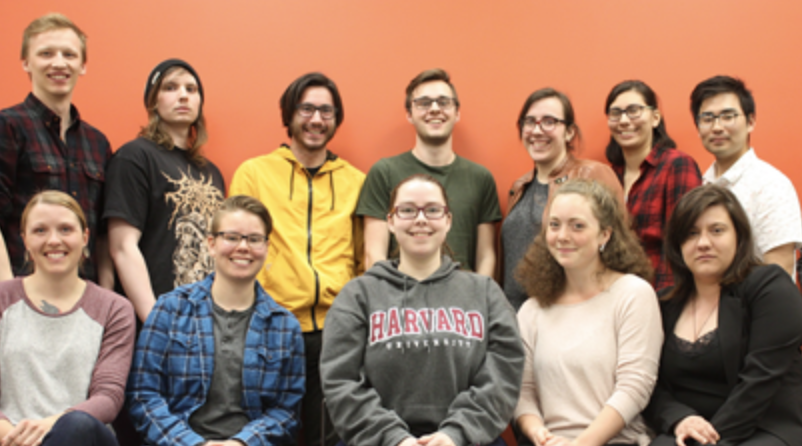University of Lethbridge iGEM Team
University of Lethbridge Collegiate International Genetically Engineered Machines (iGEM) Team
Project Summary
Diabetes is a disease that affects approximately 8.8% of the global population. Treatment currently involves the delivery of insulin by subcutaneous injection, which is painful and often very expensive for patients. Oral insulin alternatives have been deemed non-feasible because they are degraded in the stomach and thus the required dosage is too high. We chose to address this problem because the rising cost of insulin is garnering global media attention and we are passionate about both democratizing therapeutics and improving the quality of life for all diabetic patients.
We propose the development of a recombinant algae strain called “Algulin” that produces either an ultrastable oral insulin analog or proinsulin peptides. Many algae biomass-based supplements and proteins have already been approved for human consumption by Health Canada. Thus, the algae can be consumed orally, bypassing the need for complicated insulin protein purification procedures for manufacturers and eliminating uncomfortable injections for patients. Furthermore, plant cell walls have been shown to act as protective capsules in the stomach and we expect algal cell walls to similarly shield the insulin from degradation. The cell wall is subsequently digested by bacteria in the intestines, releasing the insulin to be absorbed by the gut epithelium.
We propose the development of a recombinant algae strain called “Algulin” that produces either an ultrastable oral insulin analog or proinsulin peptides. Many algae biomass-based supplements and proteins have already been approved for human consumption by Health Canada. Thus, the algae can be consumed orally, bypassing the need for complicated insulin protein purification procedures for manufacturers and eliminating uncomfortable injections for patients. Furthermore, plant cell walls have been shown to act as protective capsules in the stomach and we expect algal cell walls to similarly shield the insulin from degradation. The cell wall is subsequently digested by bacteria in the intestines, releasing the insulin to be absorbed by the gut epithelium.



